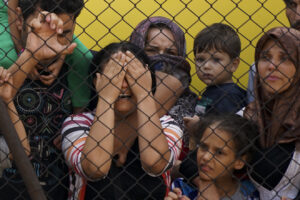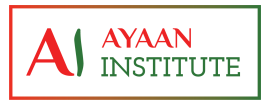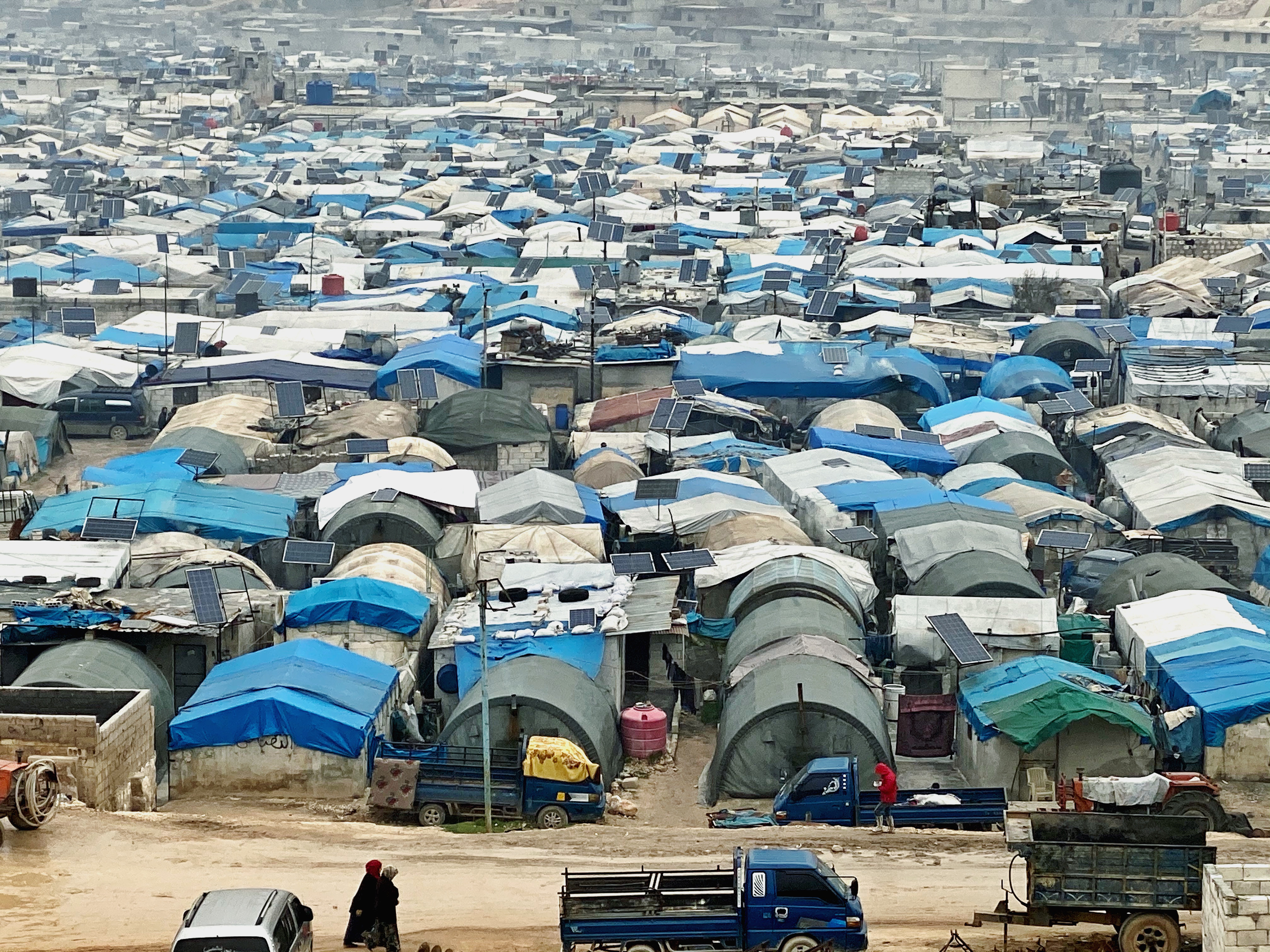A report by Brown University analysing the human costs of war (September 2020), claims some 37 million people have become refugees since the start of the “war on Terror”. The displaced people includes 5.3 million Afghans, 9.2 million Iraqis, 3.7 million Pakistanis, 1.7 million Filipinos, 4.2 million Somalis, 4.4 million Yemenis, 1.2 million Libyans, and 7.1 million Syrians.
Most of these refugees are Muslims. These numbers do not include people displaced because of genocidal policies against the Rohingya in Myanmar, the Uyghur’s in China, or longstanding ethnic cleansing of Palestinians. A more accurate cost of war on Muslim life would include other conflicts such as those among African Muslim states, caused by the French military or Indian policies in Kashmir. The Brown study is restricted to those only displaced due to the US War on Terror. As well as the refugees, there is no accurate data for cost of war in terms of those killed or suffering permanent disability, and economic loss. The real cost of war is horrendous and incalculable. Europe realised this after the Second World War when the continent was devastated. They resolved to do something about it, and prevent it ever happening on their shores by developing conflict avoidance alliances and institutions at a European and international level.
Muslim Government and Aid Agency Responses to Refugees.
 The number of Muslim refugees is now more than the population of some Muslim nation states. We now have an ummah of refugees.
The number of Muslim refugees is now more than the population of some Muslim nation states. We now have an ummah of refugees.
The primary response of governments and aid agencies has been to provide aid in the form of food, medicines, clothing, and shelter in camps. In most cases the refugees are housed there until at some unknown time they can return home. This situation has prevailed for decades in many parts of the world.
The Muslim reaction to the refugee crisis is based on the same model as Western nation states, and sometimes it is not even at that standard. This essentially consists of hosting countries viewing refugees through a nationalist lens as aliens and foreigners who are not part of their country. This means they are not entitled to citizenship or passports, prevented from working in the host country for fear of taking jobs of “local people”, and creating ethno-racist tensions. Refugees are viewed as a problem by whichever country takes them.
The main response is therefore a drip feed of continuous humanitarian aid whilst refugees wither away under miserable conditions. The goal of hosting countries is to return the refugees back home as soon as possible. Hosting countries who themselves can be economically weak, obtain some funding support for temporary housing of refugees via the UN refugee agency (UNHCR) or the EU.
Other countries take in small numbers of refugees, even though they have often been the source of the instability that led to displacement in the first place. Countries like Germany, who do take larger numbers of refugees, do so with one eye on their own future economic situation where a younger labour force is required to replace an ageing problem.
Aid agencies tend to direct support towards refugee camps. Refugees outside the camps and settlements tend to be overlooked. At the start of the Syrian crisis, I visited such a village in one country. Syrian refugees were living in animal sheds and eating cardboard to survive, and women were using newspapers as sanitary pads. Many in this village were professional people with qualifications, able to work, but prevented from doing so and making a living by discriminatory employment laws. Little or no charitable aid was reaching them.
The type of approaches mentioned, are clearly not in the long-term interests of the refugees themselves, nor compatible with an Ummah Centric approach. Although aid is needed, this approach seems to consign refugees and children born in camps, to a lifeline of humanitarian aid and a cycle of poverty.
Developing Ummah Centric Solutions Based on Brotherhood.
What would a Ummah Centric approach based on brotherhood look like for refugees? Obviously resolving the wider political and conflict issues must be a priority, but this is not always possible. In the life of the Prophet Muhammad ﷺ we already have the best example. In Mecca, the nascent Islamic movement was boycotted and starved by the Quraysh of Mecca . Eventually the Prophet Muhammad ﷺ and some companions fled to Medina due to a threat to their lives, leaving their possessions behind them. Only Allah (swt) and a spider’s web in a cave stood between the end of the divine mission and the Prophet going on to create a movement that would change the world.
The first thing that our beloved Prophet Muhammad ﷺ did in Medina was to appoint a brother from among the host community of Ansar for each of the Muhajireen. He then asked the Muslims of Medina (Ansar) to share some of their wealth and property with them, whilst they traded and developed independent means of livelihood. The Muslim Souq or Market was established for Muslims to trade and earn their livelihood . The Quraysh continued with their war against the believers. They tried to stop Muslims using the main trading route going out of Medina along which they could bring goods back to trade and make a living . As a result of continued acts of war by the Quraysh, skirmishes and battles took place with the Muslims, who needed to open the trading routes.
The Prophet Muhammad ﷺ never gave up on returning to his home. He eventually returned to Mecca as a victorious ruler of both Mecca and Medina. Indeed, it was part of the divine mission for him to do so, and to reclaim the House of Allah (the Kaaba) from the Quraysh.
An approach based on Islamic brotherhood should not treat any Muslim refugee as a foreign or alien person . It should not judge them by their passport or the border in which they had lived, but as brothers and sisters in faith. It should allow them to settle and be able to work and earn their livelihood . Those who fear indigenous people turning against them, or taking jobs away from them, should be convinced of such policies through their Islamic discourse not nationalistic anti-refugee narratives. There should not be any discrimination against them because of their ethnic or national origins. This integration of them into a wider ummah should be considered an act of Sadaqah, as well as an act of brotherhood for which the people and the country will ultimately be rewarded for by Allah (swt), in this world and the next.
Trade is Aid.
An Ummah Centric Aid strategy towards refugees would focus on the Prophetic model of settlement in a country temporarily or permanently . Aid agencies should assist with campaigning and practical resettlement and citizenship for refugees in communities around the world. They should also provide grants for skills and business development so people can earn a livelihood (some charities do provide microfinance).
Let us take the example of the Rohingya Muslim genocide . The Rohingya are a relatively small community of refugees of around one million, fleeing genocide and sheltering in a few Muslim countries . No Muslim country really wants to take them permanently . Some of them are now being moved onto remote Islands off the coast of Bangladesh . It has been widely argued that the Rohingya have been subject to attempted genocide . The United Nations documents their plight, whilst they wither away, and yet the so-called international community does little or nothing to provide a permanent solution.
The Muslim world consists of 1.8 billion people across 53 Muslim majority nation states. It is sad that it cannot even resettle a population of one million among some of the 53 states . Many refugees including children have and will die over many years in these camps . Some people also try to escape across seas/borders trying to get to somewhere they can work and make a living and settle . In the process more lives are lost . This has also been the case with Syrian refugees crossing seas to get to Europe, and from Libya.
Covid-19 Discrimination.
Refugees living in such camps or zones around the world, and Muslim populations living under occupation in Kashmir, Palestine, and Uyghur camps in China, are vulnerable and at greater risk from Covid-19 . Their conditions make them vulnerable to spread. This appears to be made worse by differential access to treatment in hospitals . Added to this is now discriminatory access to vaccination against Covid-19. There is little or no incentive for occupying or hostile states to treat such vulnerable people fairly, as they are viewed as enemies and subject to propaganda demonising them.
Some concerns have already been reported by the World Health Organisation about the discriminatory treatment of Palestinians in healthcare in November 2020. More recently it has been reported that Palestinians in occupied territories are allegedly being excluded from Israeli vaccination roll out (although this is being denied) . The UNHRC itself has also raised concerns of what it calls ”poverty pandemic” among refugee communities, and there appears to be no consensus on who should lead and be responsible for vaccination roll out among refugees and people under occupation.
There needs to be an internationally agreed commitment to treat refugees as a vulnerable group and priority group for Covid-19 vaccination everywhere, otherwise many more could die . The international community needs to pay for that vaccination roll out . They must ensure that refugees under the control of occupying/hostile forces as in Palestine, Kashmir, Uyghurs in East Turkistan, and Syrian Muslim’s living under Assad control; are vaccinated independently and safely.
The Uyghurs in Turkey.
There has been much talk of members of the 50,000 Uygur refugee community in Turkey being repatriated back to China under a new extradition treaty between the two countries . To date Turkey appears to have resisted such attempts, but the new treaty and attempts at securing a Chinese Covid-19 is being used to pressure Turkey to comply . An extradition treaty should only apply to criminal and other violations, not those who if they were returned would be subject to genocide and persecution because of their religion. This also is a requirement under international obligations.
The Quraysh in Mecca also pursued the Muslims who fled to Abyssinia and Medina . They asked the rulers to return them and they did not. If Turkey does return members of the Uyghur community it will be shameful . They will almost certainly be subject to attempts to wipe out their religion, and subject to genocide . Turkey’s leaders are Muslims, and it is a Muslim country, hopefully it does not come to that, but the Muslim community must be alert and ensure they do not allow it to happen.
A Challenge for the Ummah.
Muslim communities and their aid agencies need to do much more to save and rebuild Muslim lives. Unity and brotherhood is not just to be remembered come Ramadan and for fundraising, it requires a permanent consciousness and practical effort. Muslim countries, communities, and aid agencies need to review how and in what ways they can rebuild lives, rather than becoming a permanent lifeline for those living in camps . They can and must do more to save lives and find permanent solutions to refugee communities.
We seem to quote the verse of Quran on the importance of saving lives, only in the context of international terrorism, but surely it applies to these situations too.
“If anyone saved a life it would be as if he saved the life of the whole humanity.”(Quran 5:32)



Leave a Reply